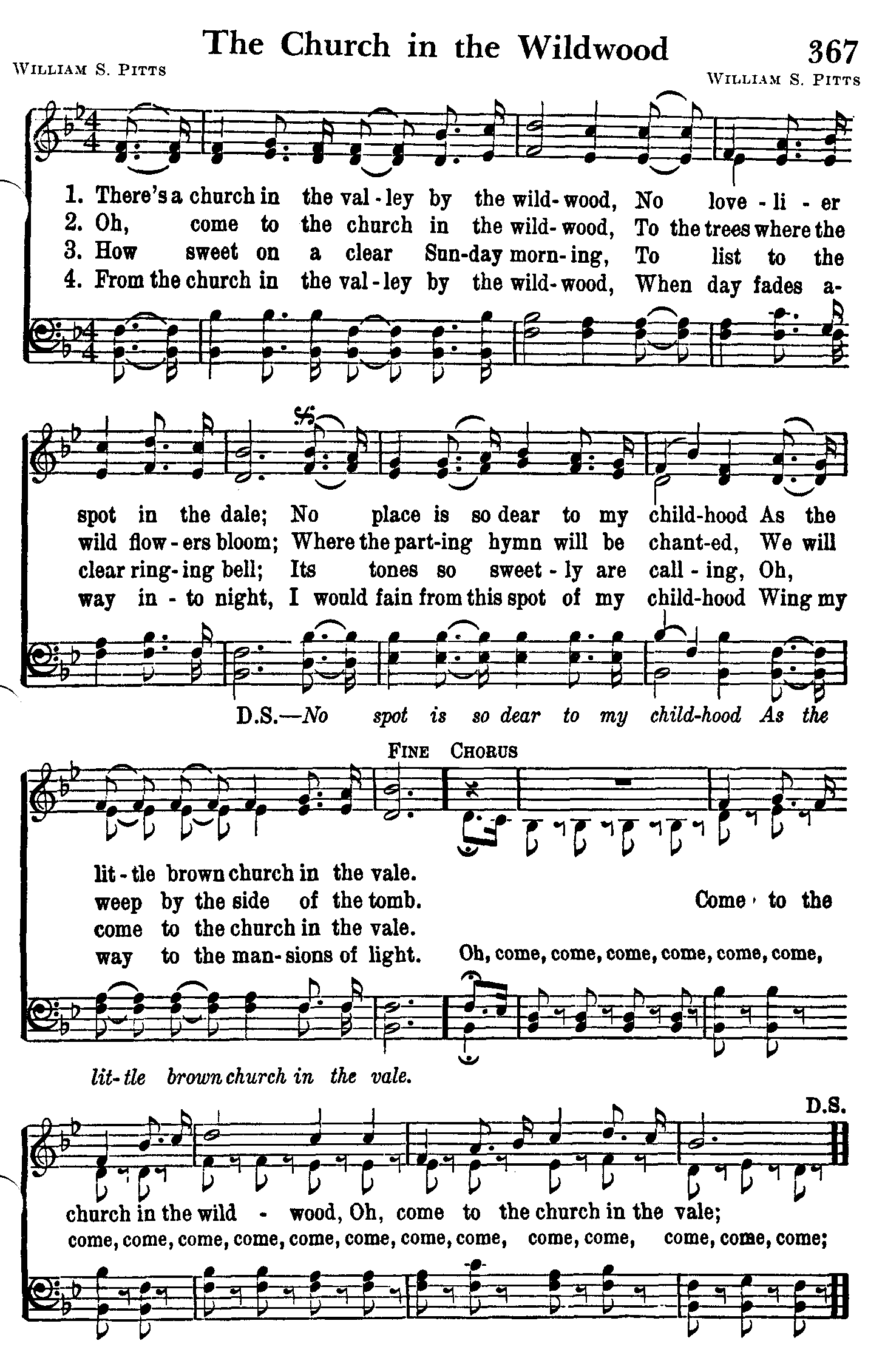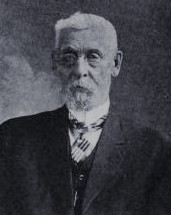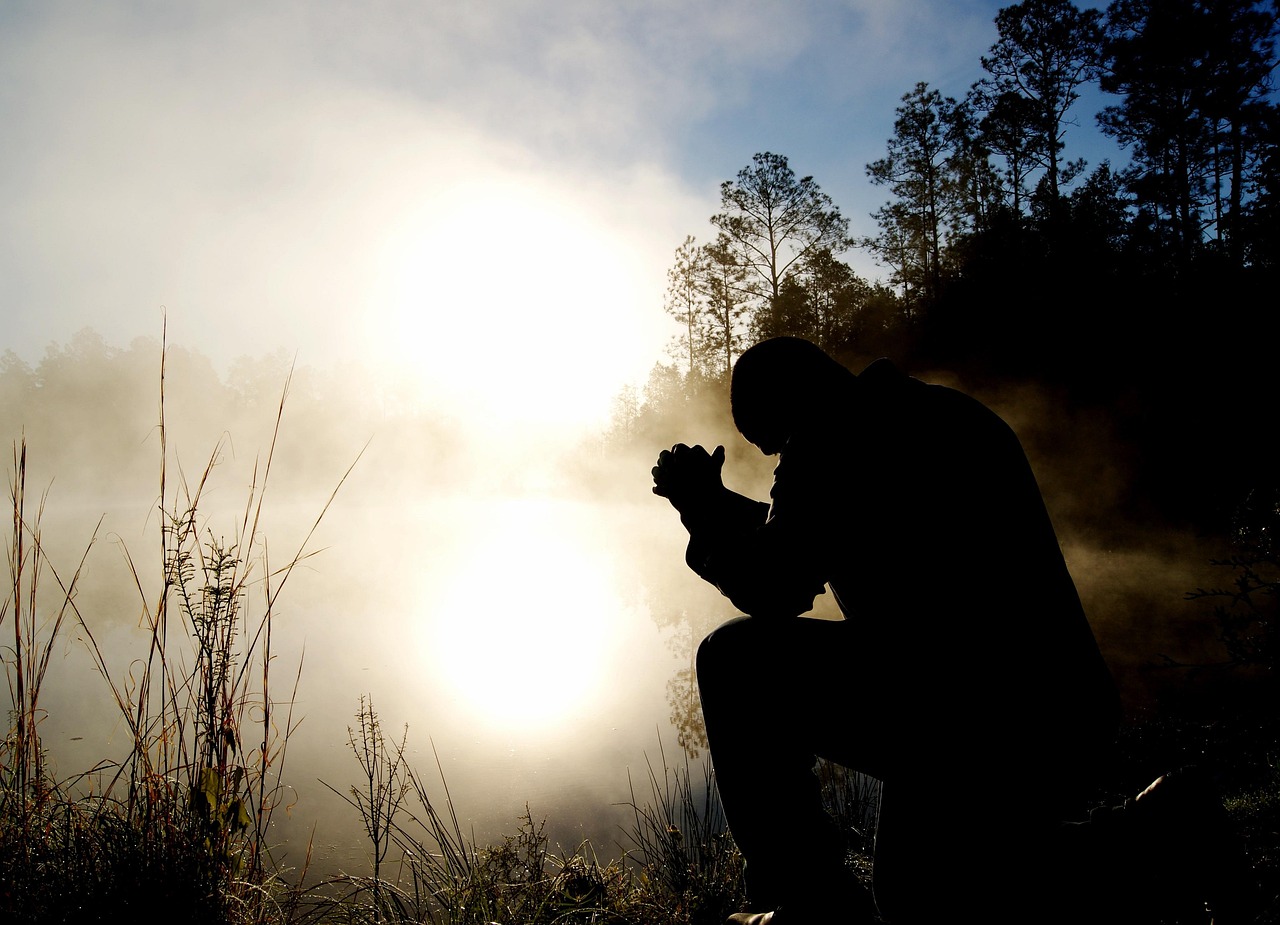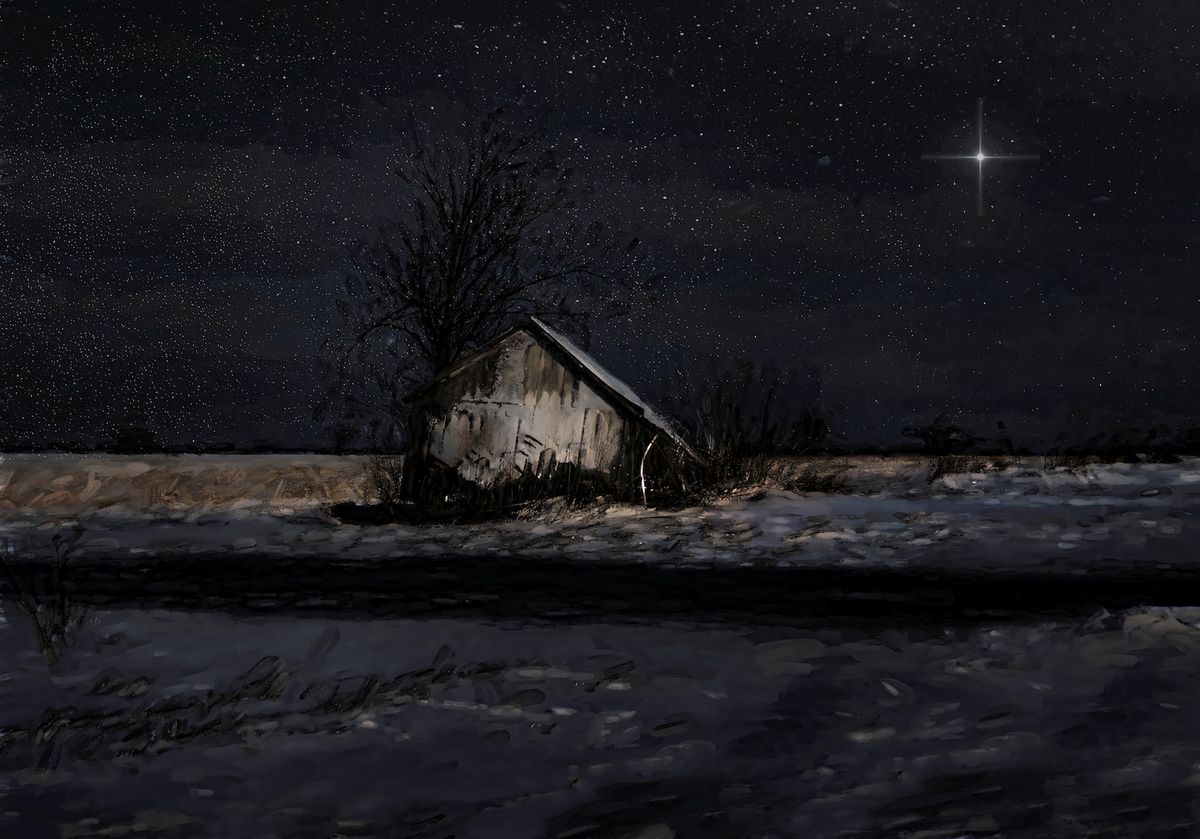There's A Church In The Valley By The Wildwood
By W. S. Pitts
Lyrics
No lovelier spot in the dale;
No place is so dear to my childhood
As the little brown church in the vale.
Come to the church in the wildwood,
Oh, come to the church in the vale;
No spot is so dear to my childhood
As the little brown church in the vale.
To the trees where the wild flowers bloom;
Where the parting hymn will be chanted,
We will weep by the side of the tomb.
To list to the clear ringing bell;
Its tones so sweetly are calling,
Oh, come to the church in the vale.
When day fades away into night,
I would fain from this spot of my childhood
Wing my way to the mansions of light.
Bible Reference
Psalm 122:1
About This Hymn
“There’s a Church in the Valley by the Wildwood,” often simply called “The Church in the Wildwood,” is a beloved American gospel hymn written by Dr. William S. Pitts in 1857. The hymn is a sentimental tribute to the local church as a place of worship, fellowship, and community, evoking imagery of a quiet country church nestled among nature. Its opening line, “There’s a church in the valley by the wildwood, no lovelier spot in the dale,” captures the peaceful setting that inspired Pitts when he visited Bradford, Iowa. The hymn was not originally intended for publication but gained enduring popularity, eventually being closely associated with the Little Brown Church in the Vale, a historic church built after Pitts’ song was written.
William S. Pitts was a physician, musician, and hymn writer. While traveling to visit his fiancée in Iowa, he passed through Bradford and was struck by the beauty of the wooded valley. Inspired by the scene, he wrote the lyrics and melody of this hymn, envisioning a small church that would complement the landscape. Years later, the citizens of Bradford built a church that closely resembled his description, and his hymn became its signature song. The Little Brown Church, completed in 1864, became a popular wedding and tourist destination, with Pitts’ hymn playing a central role in its history.
The hymn’s warm imagery and simple gospel melody have given it lasting appeal across generations. It reflects themes of Christian fellowship, peace, and the beauty of worshiping God in nature’s setting. With references to Psalm 122:1, “I was glad when they said unto me, Let us go into the house of the Lord,” the song emphasizes the joy and spiritual nourishment found in gathering with God’s people. “The Church in the Wildwood” remains a favorite in hymnals and recordings, symbolizing the deep connection between faith, community, and the rural church experience in 19th-century America.


📬 Subscribe to Our Devotional Updates
Receive weekly hymns, devotionals, and website features directly in your inbox.
Hymn Information

- Category: Hymn
- Author/Writer: W. S. Pitts (1857)
- Added: August 28, 2025
- Last Updated: August 28, 2025
- Views: 724
MIDI File
Recent Blog Posts
-
 How to Develop a Consistent Prayer Schedule
How to Develop a Consistent Prayer Schedule
Dec 11, 2025 -
 How to Forgive Someone Who Deeply Hurt You
How to Forgive Someone Who Deeply Hurt You
Dec 11, 2025 -

-
 Why Christmas Is Celebrated on December 25
Why Christmas Is Celebrated on December 25
Dec 11, 2025 -
 10 Most Renowned Hymn Writers
10 Most Renowned Hymn Writers
Dec 10, 2025
Visit Us on Social Media
Latest from X (Twitter)
Tweets by HymnalLibraryLatest from Facebook
Latest on YouTube
Daily Bible Verse
Disclaimer
The hymns, sheet music, MIDI files, and related content on this website are provided for educational and research purposes only.
- Public Domain: Many of the hymns featured here are in the public domain and may be freely used.
- Copyrighted Works: Some hymns may still be under copyright protection. Where applicable, permission has either been requested from the copyright owner, or the content is shared under the principles of fair use for educational purposes.
⚠️ Important Notice: If you wish to reproduce, distribute, or use any copyrighted hymn beyond personal study or educational use, you must obtain permission directly from the copyright holder. This website does not grant any rights for commercial use yet.
If there is any other question please address it to us in our Contact Page, for further assistance. Thank you for using the site. May God Bless You.